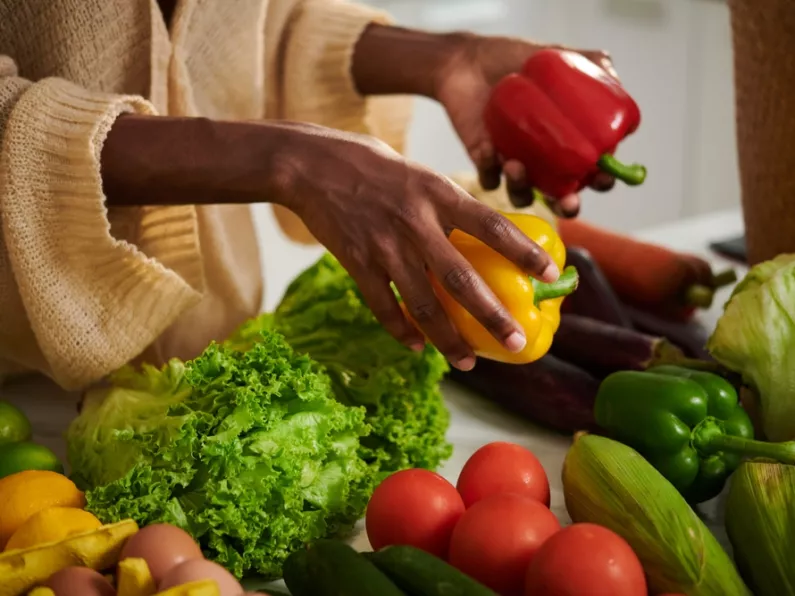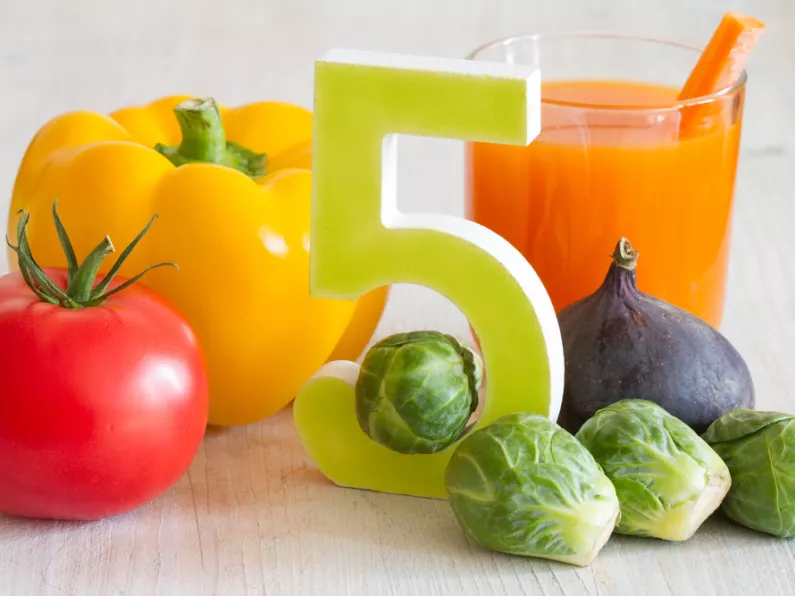Researchers explained that humans learn which behaviours pay off and which don’t from watching others.
In the case of food, people may use each other as guides to determine what and how much to eat. This is called ‘social modelling’ – and is one of the most powerful social influences on eating behaviour.
"We show that watching others eating a raw vegetable with a negative facial expression reduces adult women’s liking of that vegetable, but not their desire to eat it," lead author Dr Katie Edwards, a researcher at the Aston University School of Psychology, explained.
"This highlights the power of observing food dislike on adults’ eating behaviour."
They are what you eat
While the researchers focused on adults in this study, they also point out that given the power of negative facial expressions, and because children tend to be less willing to try vegetables by default, these findings could generalise to kids.
"For example, if a child sees their parent showing disgust whilst eating vegetables, this could have negative consequences on children’s vegetable acceptance," Dr Edwards said.










